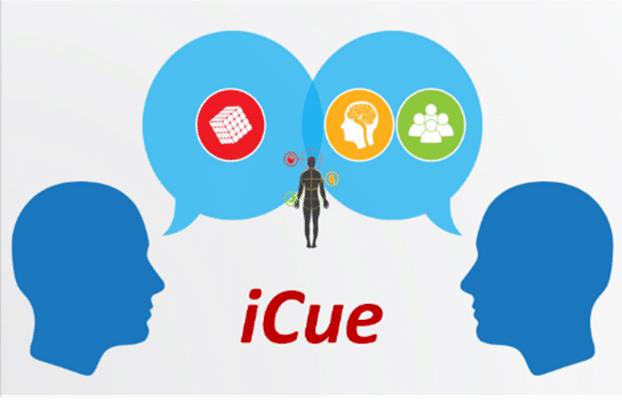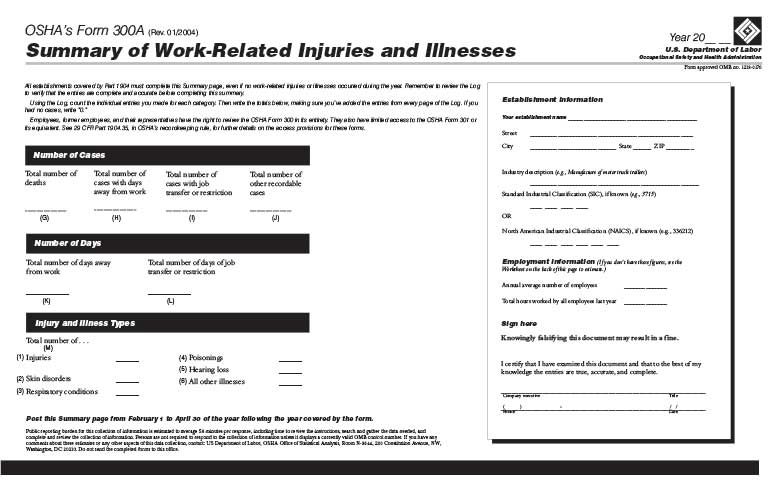Risk & Safety. IQ – EQ – iCue


When it comes to risk and safety, there are three strong predictors: cognitive intelligence, emotional intelligence, and risk intelligence. If you want to know more about their role and the specific coefficients that measure them, I invite you to read the following article.
Defining and testing intelligence are controversial topics among both the public and specialists. Some of them believe that there is only one type of intelligence, others support the theory of multiple intelligences. There is, however, a consensus on how we can define intelligence.
Intelligence is the general cognitive ability to understand, learn and solve through abstract thinking and reasoning the challenges involved in adapting effectively to the environment in which we live.
I.Q.
Cognitive intelligence is often equated with academic intelligence. Academic intelligence tests rank people according to how efficiently and quickly they process information and solve certain selected cognitive tasks – verbal, numerical or spatial. The indicator that measures this type of intelligence is known as IQ (Intelligence Quotient).
Based on the first intelligence test developed by French psychologist Alfred Binet and colleague Theodore Simon, the IQ score was standardized by Lewis Terman of Stanford University.
Studies show that in Western society, cognitive intelligence is the strongest predictor when it comes to academic performance, outcomes, and learning at work.
Regarding occupational safety, in Romania, the law says that in order to occupy a management position in the field of OSH, you must be a graduate of technical higher education. Given the technical origin of the safety discipline, the legislator ensures that there is a minimum level of cognitive intelligence in the technical field, validated by the Graduation Diploma. Without it, it is assumed that you cannot understand the processes, hazards and risks specific to different industrial processes, nor can you make effective management decisions. Unfortunately, the curricula of technical faculties do not contain psychosocial disciplines, which help to develop and maintain interpersonal relationships.
As we know, to be successful in personal relationships, in society and to be a good leader in an organization, it is not enough to have just a high IQ. A reasonable IQ level may qualify you for a position as a specialist or manager, but to be recognized as the real leader of the people you lead requires something else.
This something turns out to be Emotional Intelligence.
E.Q.
Emotional intelligence is a person’s ability to recognize, understand, and manage their own emotions and those of others. The goal here is also to achieve personal goals and those of the organization in which he works.
E.Q. – Emotional Quotient is the indicator that measures emotional intelligence and its development potential.
The Emotional and Social Competence Inventory (ESCI) groups and measure emotional intelligence competencies into four interrelated behavioral areas: self-awareness, self-management, social awareness, and relationship management. ESCI was co-designed by Daniel Goleman, Richard Boyatzis and Hay Group.
Academic intelligence can help you learn how to be a good specialist, but emotional intelligence is responsible for managing stress and emotions as well as the results you need to achieve with others.
If IQ plays a central role in the traditional STEM (Science, Technology, Engineering and Mathematics) safety approach, when we talk about contemporary approaches that put people at the center of attention, emotional intelligence makes the difference.
Research shows that managers with high emotional intelligence promote a better work climate and achieve greater employee engagement. The more challenging the organizational culture and climate, the more managers need high emotional intelligence skills.
Cognitive intelligence and emotional intelligence exist and support each other simultaneously.
iCue.
When it comes to risk, we are surprised to note that a high IQ does not guarantee an understanding of risk.
Simply counting hazards, accidents and lost workdays or accident-free days doesn’t make us smarter from a risk perspective. On the contrary, they reduce knowledge and understanding of risk.
Risk assessment is subjective. In the traditional management approach, risk assessment depends on one’s ability to make predictions about the impact and likelihood of an accident happening.
Dex – Explanatory Dictionary of the Romanian Language, defines risk as “the possibility of getting into danger, of facing trouble or of suffering damage, possible danger. Risking exposing oneself to a possible danger.‘
Most people, especially managers, are risk averse. They see risk mainly as adversity and less as an opportunity. This attitude is both anti-learning and anti-human. Learning and progress automatically involve risks; not all risks are bad.
Dr. Rob Long, founder of Social Risk Psychology, introduced the term iCue – Risk Intelligence Quotient.
iCue is the ability to recognize the clues that tell us about risk. People with a high iCue quotient are able to recognize, explore, and understand the cues that speak of risk.
For a top manager and especially for an HSE coordinator, a good Risk Intelligence quotient can make the difference between life and death and between profit and bankruptcy.
While the traditional safety approach focuses on risk influencing factors in physical space, Social Risk Psychology helps us complement this perspective with psychological and social factors.
Finally
The three types of intelligence – academic, emotional and risk intelligence, support and build each other. Cognitive intelligence and the skills that make up emotional intelligence help improve the ability to identify indicators and indicators that speak of risk and safety at work – iCue.
At organizational level, complementing the traditional activity of safety departments with a transdisciplinary psycho-social approach contributes to the development of skills that ensure the success of HRO – High Reliable Organizations.
At the individual level, the balanced cultivation of the three types of intelligence makes the difference between a reactive Safety Manager and a proactive one, capable of generating real change in the organization.





